The Nile Basin Initiative provides the first and only all-inclusive platform for the Basin States to discuss with trust and confidence, how to collectively take care of and jointly use the shared Nile Basin water and related resources. This is crucial in order to maximize win-win benefits for current and future generations and minimize risks and costs...
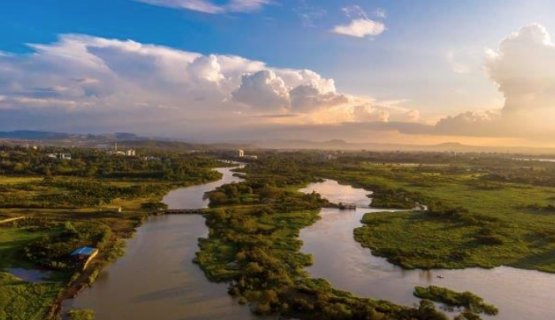
NBI Environmental Flow Strategy
The Nile and its main tributaries flow through a large variety of ecosystems, each of great relevance for biodiversity conservation and human livelihoods, and providing important regional and local ecosystem services. The continued provision of these ecosystem services is heavily dependent on a minimum water flow, or environmental flows.
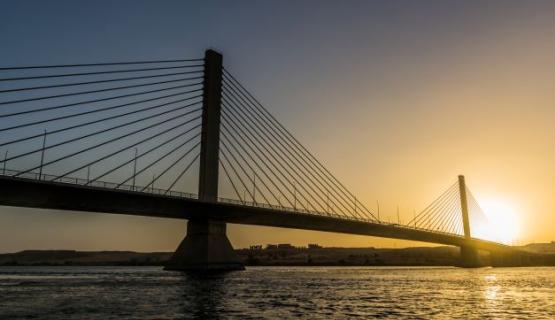
Strengthening Policy Frameworks
Most NBI Member States tend to retain a strongly national character when developing their water policies, rather than a coordinated regional outlook. It is important, therefore, to strengthen the transboundary dimension of national water policies in order to avoid fragmented and management decisions, as well as the problem of under-developed national policy frameworks for planned water resources management and development activities.
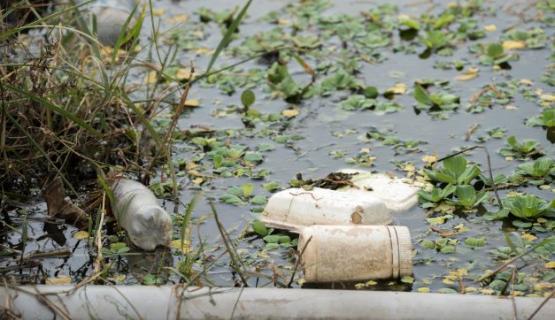
Plastic Pollution
Plastic pollution impacts freshwater ecosystems and associated marine environments by affecting water quality, posing health risks to humans and animals, increasing floods risks, impairing water and transport infrastructure, and, if accumulated, becoming an aesthetic eyesore.
A growing number of studies recognize rivers as ‘conveyor belts’ transporting plastic waste from their catchment areas into our oceans and seas. However, for the Nile Basin, there is little data available on the quantity and impact of plastic pollution for the marine environment.
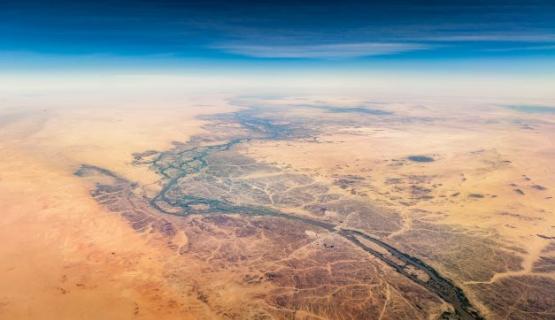
Climate Change Adaptation
The effects of climate change are being felt around the globe. The African continent, while contributing least to greenhouse gas emissions, is most vulnerable and yet is predicted to be hit hardest by the impacts of climate change.
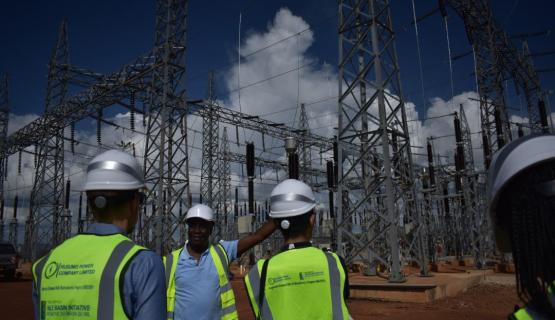
Transboundary Power Generation
Electricity is not a natural resource, and hence, is not freely available for use, therefore, it has to be produced with the help of other resources such as water. Electricity is an essential part of modern life and is important in the Nile Basin for lighting, heating, cooling, etc.
Catchment Management
Catchment is the action of collecting water, especially the collection of rainfall over a natural drainage area. A catchment area is, therefore, a geographical location from which rainfall flows into a river, lake, or reservoir.
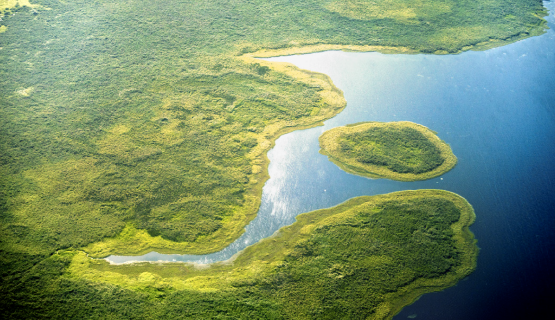
State of Basin Monitoring
Over the years, several of the Nile Basin countries have been among the fastest-growing economies on the African continent. Across many parts of the Basin, great advances have been made in tackling poverty, malnutrition, health issues and unemployment.
Power Interconnection
Access to electricity is a priority for the Nile Basin region’s economies because it is a prerequisite to poverty reduction and economic growth. Apart from the Eastern Nile countries, which average 64% access, most Nile Equatorial Lakes countries have very low access to electricity, with an average of 33% (International Energy Agency, 2019).
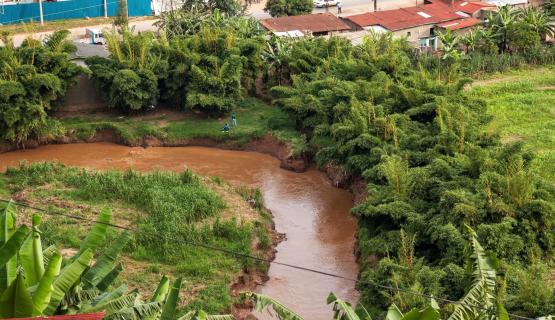
Water Quality Management System
Water is the lifeline of nearly every aspect of life. Keeping that water in a useable state, therefore, greatly increases its availability and the sustenance of the life that depends on it. In fact, water quality is one of the most important factors in a healthy ecosystem because clean water supports a diversity of plants and wildlife.
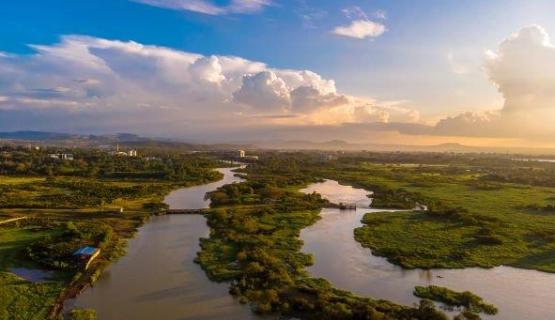
Environmental Flows
The Nile and its main tributaries flow through a large variety of ecosystems, each of great relevance for biodiversity conservation and human livelihoods, and providing important regional and local ecosystem services. The continued provision of these ecosystem services is heavily dependent on a minimum water flow, or environmental flows.
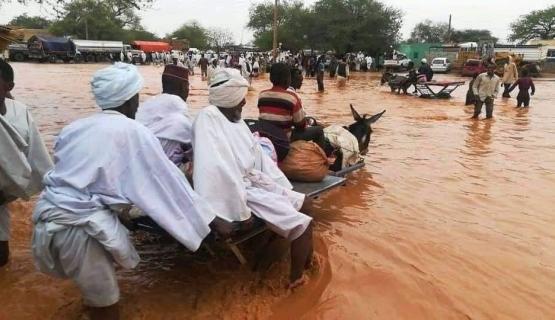
Flood and Drought Risk Mitigation
Flooding is an annual problem in many countries in the Nile Basin including Sudan and Uganda. August and September in the Eastern Nile region are especially dangerous months because the Monsoon rains pour in the Ethiopian highlands and flow down to the Blue Nile and White Nile, causing untold havoc as the waters flood the lower lands in Sudan.
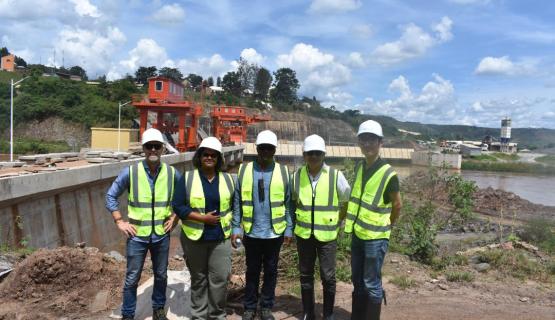
Nile River Basin Investment Plan
The Nile region is well endowed with energy resources that include natural gas, oil, hydropower potential, geothermal energy, coal, peat, biomass, solar and wind. Despite the richness in energy sources, electricity supply in many Nile countries is inadequate, unreliable and expensive.
